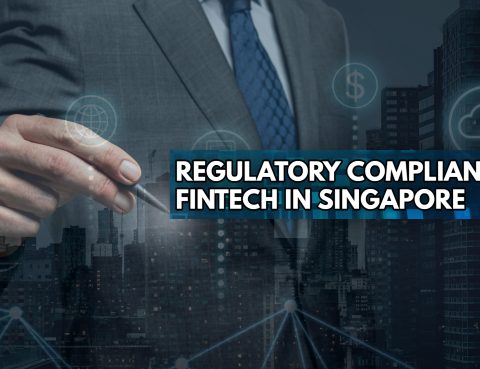When launching a business, you enter into many different types of contracts, including office and equipment leases, shareholder agreements, employment agreements with new workers, and client and supplier contracts. Wherever there is human interaction, conflict is inherently inevitable. Some of these conflicts may lead to a contract dispute. Therefore, it is essential that you have…
Financial Technology, popularly known as ‘fintech,’ refers to the innovative technology that improves and automates the delivery and usage of financial services. It often includes technological penetration in the 4 main financial areas of payments, savings, lending, and insurance. The exponential growth in fintech over the last few years around the globe and in Asia…


